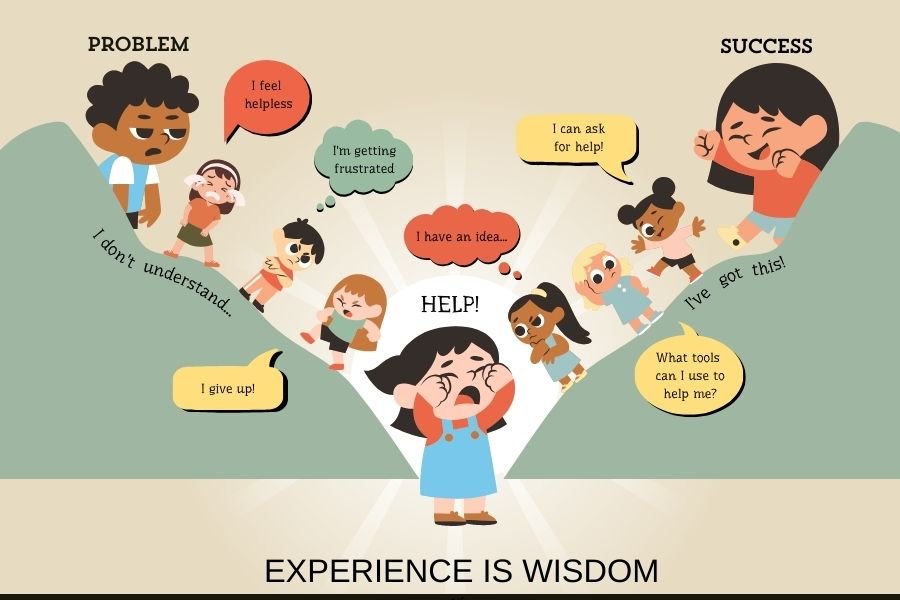
During our journey around India, we spoke with educational leaders from various cities to understand their perspectives on children’s emotional well-being, character development, and purpose in today’s fast-paced world. Ms. Shivani Sahni, the principal of HRM World School Delhi, was one of the speakers we spoke with. We discussed her vision of the ideal school culture. She feels that school should be a safe environment for everyone, whether they are students, teachers, or other members of the staff. We will not be able to foster creativity and critical thinking among all stakeholders if the general culture is not non-threatening if someone is afraid or terrified of expressing their thoughts or views. Teachers need to be free, to have that type of space, to feel free to discuss their thoughts or concerns with the administration. Because they are constantly engaging with youngsters, they are given the flexibility to experiment and explore. As a result, they understand exactly what they want and how to meet those requirements.
We also discussed the challenges they experience, such as teachers and students being stressed, exam anxiety, fear of being judged, and a variety of other issues that affect people all around the world. She mentioned that one of her students is having a lot of trouble with a few subjects, and the parent isn’t ready to accept it. From the parents’ perspective, acceptance is lacking. One big issue that many adolescents face is parental acceptability; even if school psychologists recommend something, parents often do not accept it. This may be addressed if the student is provided with the necessary help and scaffolding at the right time, however, this is not the case. She believes that if all schools introduce vocational programs or skill subjects, it will be beneficial because students will be able to take up that subject and build their skills, rather than having to study mathematics and sciences exclusively, allowing them to have a better future and become entrepreneurs.
It is imperative for both educators and parents to understand the child, to appreciate the child’s uniqueness so that we can provide the appropriate environment, support system, and resources to help the child grow. She emphasized that meditation is an integral part of the school culture and that all school staff members begin their day with 10 minutes of meditation, even if they are online. While the school is online, it is attempting to engage students in particular activities. We don’t only mean fundraising when we say contribution; children may help in a variety of ways, such as enrolling them in a program that encourages them to bring food without using aluminum foil, creating a chain of change, and contributing to the environment. These factors have a direct and indirect influence on a child’s emotional well-being because a variety of neurotransmitters are secreted in the brain, and all of these factors contribute to the happiness of children and teachers.
Her suggestion to educators is to include a mindfulness period in addition to physical education in the school setting. Just 10 minutes of this will rejuvenate the body and mind of both the children and the teachers, which is far more beneficial than continuous sessions.
We had a great conversation with Ms. Shivani Sahni, and we’re excited to collaborate with her on our mission, wherein we want schools, teachers, and parents to come together to raise a happy child, to “Create A World That Cares”.














